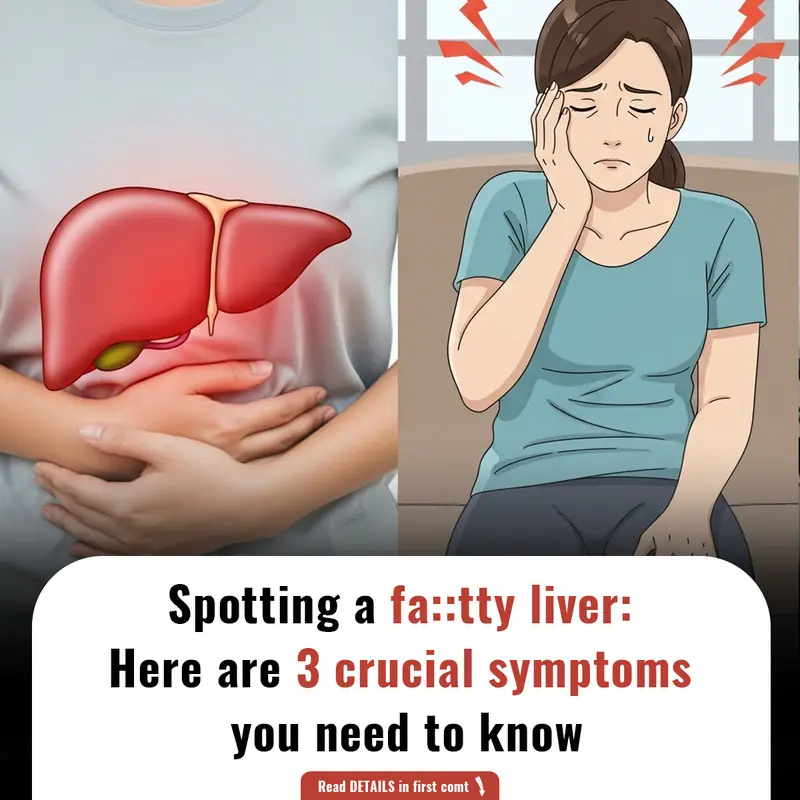While these medications offer significant benefits for weight loss and blood sugar management, the potential risks associated with their use must not be overlooked.
In recent years, weight loss medications, particularly GLP-1 injections such as Mounjaro, Wegovy, and Ozempic, have gained significant attention for their potential to assist in weight management. While these drugs were originally developed for individuals with Type 2 diabetes to help regulate blood sugar levels, their use for weight loss has surged. However, a concerning trend has emerged. The UK Medicines and Healthcare products Regulatory Agency (MHRA) is now investigating a possible link between these popular weight loss injections and the development of pancreatitis, a condition that can lead to severe health complications and, in some cases, d:eath.

The Rise of GLP-1 Injections for Weight Loss
The use of GLP-1 (glucagon-like peptide-1) receptor agonists has exploded in popularity, particularly among individuals seeking weight loss solutions. These injections, designed to mimic the effects of the natural GLP-1 hormone in the body, work by enhancing insulin secretion, reducing appetite, and slowing gastric emptying. While they have been shown to be effective in helping with weight loss, particularly for those with obesity or Type 2 diabetes, recent reports suggest that the use of these medications may come with unintended consequences.
Health Warnings and Pancreatitis Risk
The MHRA has received over 560 reports of individuals developing pancreatitis after using GLP-1 injections. Pancreatitis, which refers to inflammation of the pancreas, can cause excruciating pain and, if left untreated, can lead to severe complications, including organ failure. The condition is often characterized by intense abdominal pain that radiates to the back, nausea, vomiting, and fever. In severe cases, acute pancreatitis can lead to d:eath. In addition to pancreatitis, other reported side effects include nausea, constipation, and diarrhea.
Experts are investigating whether certain genetic traits make some individuals more susceptible to developing pancreatitis while using GLP-1 medications. Genetic screening may help identify those who are at higher risk, allowing healthcare providers to better tailor treatments to individual needs and avoid life-threatening complications. The MHRA is currently gathering data through its Yellow Card scheme, which encourages patients to report any side effects related to these drugs, and the data will be used to improve understanding of the risks associated with these treatments.
Genetic Risk Factors and the Biobank Study
The potential link between genetic predisposition and the development of acute pancreatitis in GLP-1 users is one of the central concerns for health authorities. Dr. Alison Cave, the MHRA’s Chief Safety Officer, emphasized that genetic testing could play a crucial role in identifying individuals who are at increased risk of adverse reactions to these medications. In collaboration with Genomics England, the MHRA is launching a new Biobank study that aims to explore whether genetic factors contribute to the likelihood of developing pancreatitis while using GLP-1 injections.
Dr. Cave explained, “Evidence shows that almost a third of side effects to medicines could be prevented with the introduction of genetic testing.” By identifying at-risk individuals early, healthcare providers could help reduce the number of people suffering from severe side effects and improve overall patient safety.
Costs and Impact on Healthcare Systems
The growing concern over the safety of GLP-1 weight loss injections is compounded by the financial implications for healthcare systems. The MHRA estimates that the side effects of these medications, including hospital stays for pancreatitis treatment, could cost the NHS more than £2.2 billion annually. This substantial financial burden highlights the importance of ongoing research into the safety and effectiveness of these drugs.
Despite the concerning reports of side effects, pharmaceutical companies such as Novo Nordisk and Lilly, the manufacturers of Mounjaro and other GLP-1 injections, maintain that the benefits of their medications outweigh the risks. These companies have conducted extensive testing on their products and continue to monitor safety data. In statements to the media, representatives from both companies emphasized their commitment to patient safety and ongoing efforts to improve the understanding of the medications’ effects.
The Debate on Safety and Effectiveness
Novo Nordisk, the maker of Ozempic and Wegovy, defended the safety of its products, asserting that their testing protocols exceed industry standards. A spokesperson for the company stated, “Patient safety is of the utmost importance to Novo Nordisk. We continuously collect safety data on our marketed GLP-1 medicines and work closely with the authorities to ensure patient safety. The benefit-risk profile of our GLP-1 medicines remains positive, and we welcome any new research that will improve our understanding of treatments for people living with chronic diseases.”
Similarly, Lilly, the maker of Mounjaro, highlighted the rare occurrence of pancreatitis as a side effect, noting that it affects only a small proportion of users. The company’s spokesperson reiterated the importance of consulting healthcare professionals before using the medication and emphasized that patients should be aware of potential side effects. “The Mounjaro (tirzepatide) Patient Information Leaflet warns that inflamed pancreas (acute pancreatitis) is an uncommon side effect, which may affect up to 1 in 100 people,” the spokesperson explained.
Despite these assurances from pharmaceutical companies, health experts continue to call for greater scrutiny and further research into the safety of GLP-1 injections. While these medications have shown promise in managing weight loss and improving metabolic health, the growing concerns about their potential link to serious health conditions like pancreatitis and cancer cannot be ignored.
Rising Concerns Over the Cancer Link
In addition to the concerns about pancreatitis, there are emerging worries about the long-term effects of GLP-1 medications and their potential association with cancer. The aforementioned study in China found a significant link between SIBO (small intestinal bacterial overgrowth) and the development of cancers such as pancreatic, bile duct, and colon cancers. These findings have raised questions about whether GLP-1 medications, particularly when used for long periods, could contribute to the development of cancer.
As Dr. Wagenman noted in his research, “Evidence suggests that bacterial overgrowth in the gut can produce toxins that activate TLR-4 receptors, triggering inflammation that supports tumor growth.” This inflammatory response could potentially contribute to the development of tumors in the pancreas, colon, or other areas of the body.
The connection between diabetes medications and cancer risk is not new. Previous studies have suggested that certain drugs used to manage Type 2 diabetes, including GLP-1 medications, may have unintended long-term consequences. However, more research is needed to fully understand the mechanisms behind this potential link and the implications for patients who rely on these medications.
The Need for Routine Screening and Preventive Measures
The alarming rise in reports of pancreatitis and other side effects associated with GLP-1 weight loss injections has prompted calls for routine screening and more stringent safety protocols. Health experts argue that patients using these medications should be closely monitored for any signs of adverse reactions, particularly those related to the pancreas and digestive health.
As part of ongoing efforts to enhance patient safety, the MHRA’s Yellow Card scheme has been instrumental in collecting data on the side effects of GLP-1 injections. By encouraging patients to report any adverse reactions, the MHRA is working to build a clearer picture of the risks associated with these medications and ensure that healthcare providers can make informed decisions when prescribing them.
Conclusion: A Call for Awareness and Further Research
The investigation into the safety of GLP-1 weight loss injections underscores the importance of continued research and patient education. While these medications offer significant benefits for weight loss and blood sugar management, the potential risks associated with their use must not be overlooked. Patients who are considering or currently using GLP-1 injections should be aware of the potential side effects, including pancreatitis, and work closely with their healthcare providers to ensure that they are being monitored appropriately.
Ultimately, the findings from the MHRA’s investigation, coupled with the growing concerns about the long-term effects of these medications, highlight the need for ongoing research and greater transparency from pharmaceutical companies. As the use of GLP-1 medications continues to rise, it is essential that both patients and healthcare providers remain vigilant about the potential risks and benefits, and that more is done to ensure the safety and well-being of those who rely on these treatments for weight management and metabolic health.






























